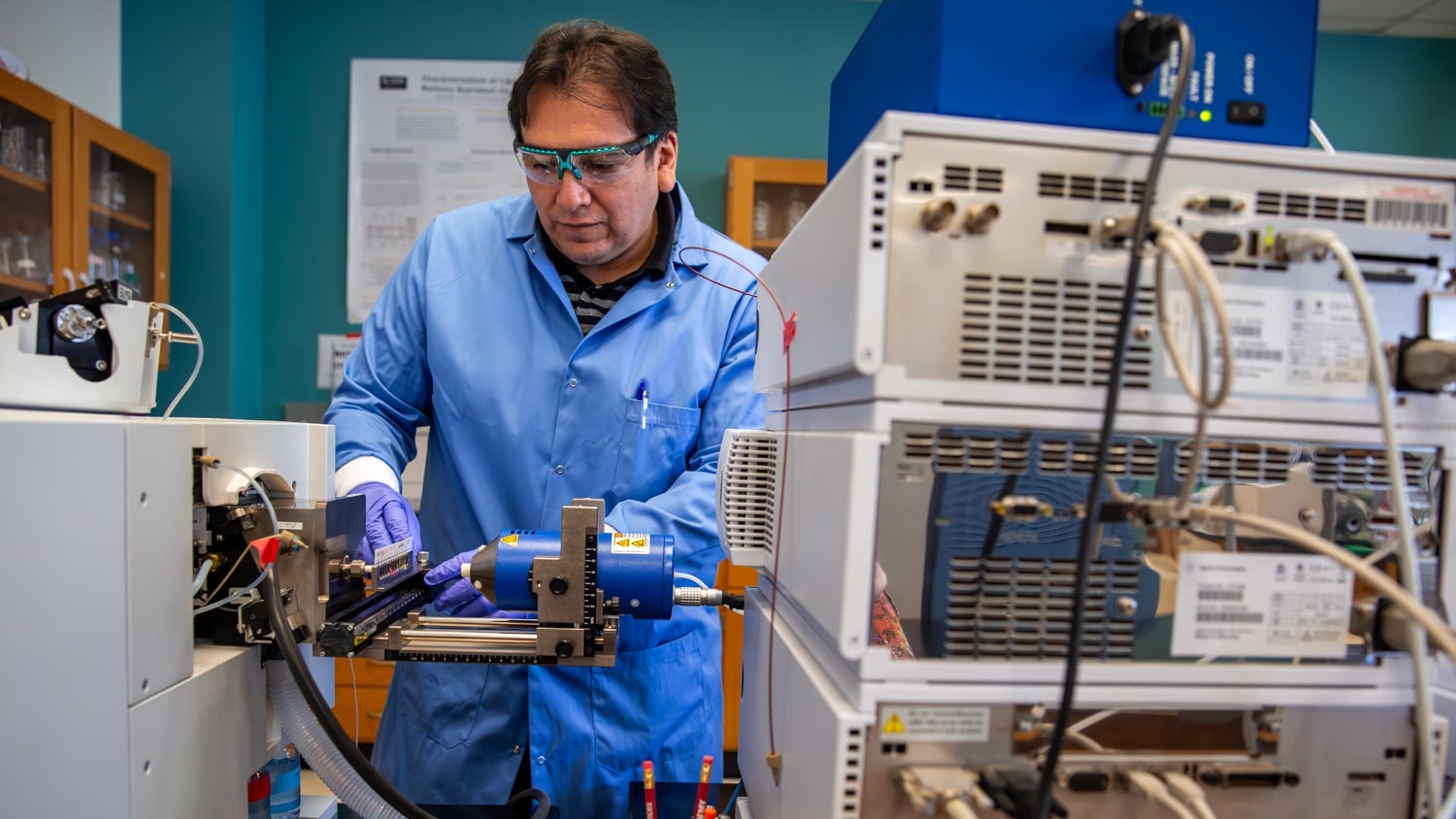Prof to Discuss Chemical Substitutes
NC State toxicology professor David Dorman recently chaired a National Research Council committee for the National Academy of Sciences that developed new methods for evaluating potentially safer chemical substitutes.
The committee’s report is now available and Dorman will discuss it and answer questions during a free Oct. 24 webinar.
Although other assessment tools are available, Dorman and his committee contend they reflect a range of priorities, such as a focus on protecting workers, the environment, consumers or other interests. Their report—called “Design and Evaluation of Safer Chemical Substitutions—A Framework to Inform Government and Industry Decisions”—claims to offer a more objective way to choose alternative chemicals.
“The framework draws on the strengths and common characteristics of existing assessment approaches, but also includes several advancements: problem formulation and scoping, comparative exposure assessment and evaluation of physicochemical properties,” Dorman says.
According to the committee, in addition to hazard assessments, the framework incorporates steps for life-cycle thinking—which considers possible impacts of a chemical at all stages including production, use and disposal—as well as steps for performance and economic assessments. The report also highlights how modern information sources such as computational modeling can supplement traditional toxicology data in the assessment process.
Many decisions involved in selecting a viable chemical alternative will be value-driven and context-dependent, the report says. Defining and documenting the goals, principles, and decision rules guiding the assessment is important, to make explicit how uncertainty and trade-offs are resolved.
- Categories:


